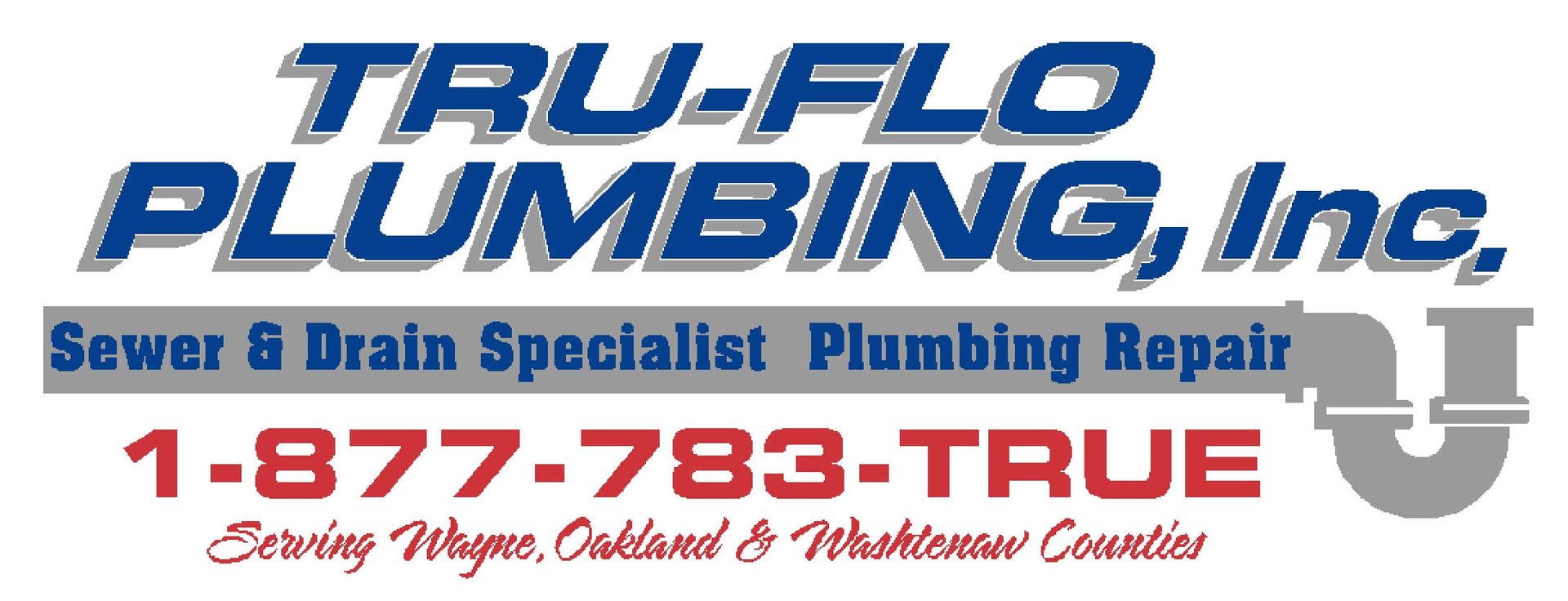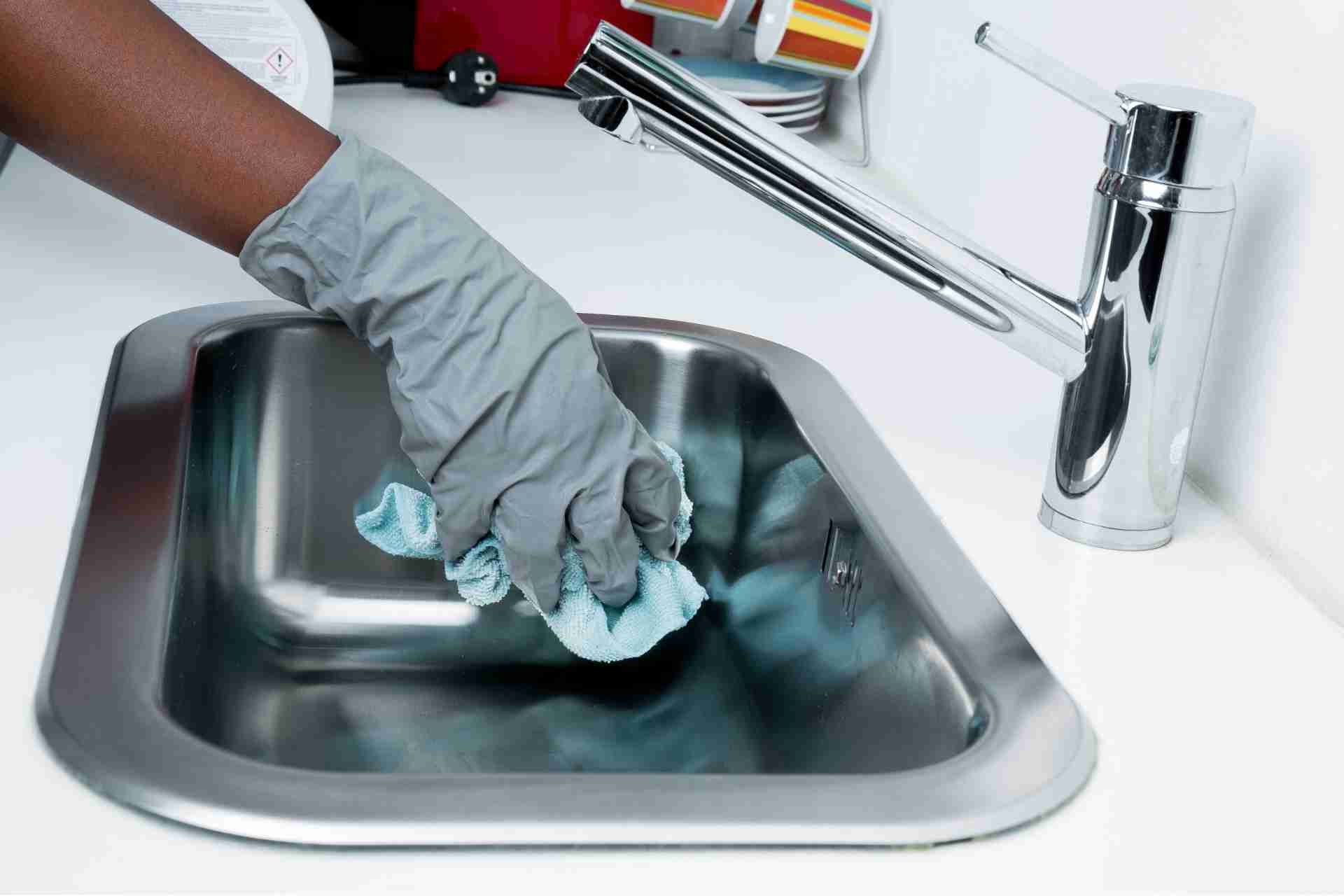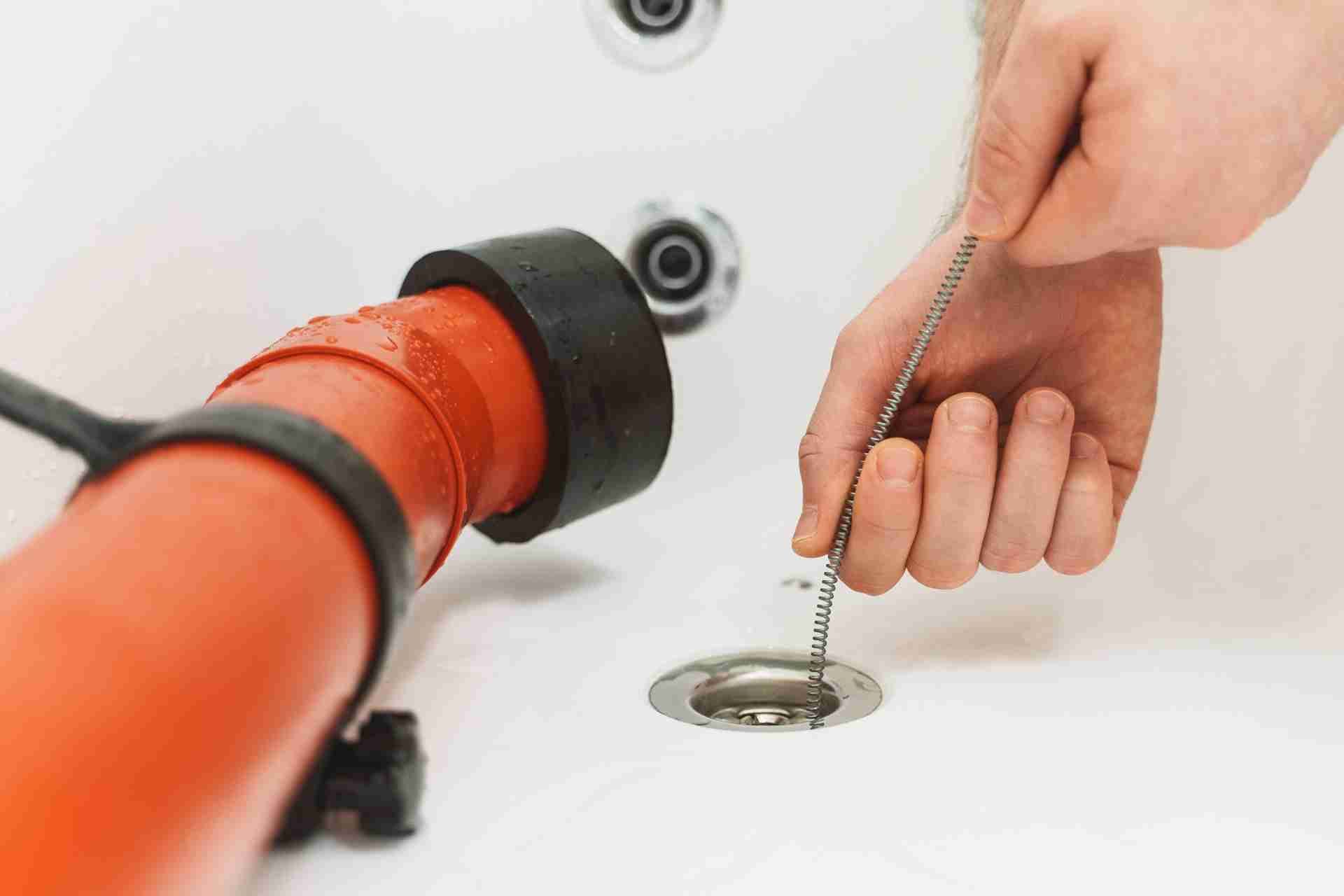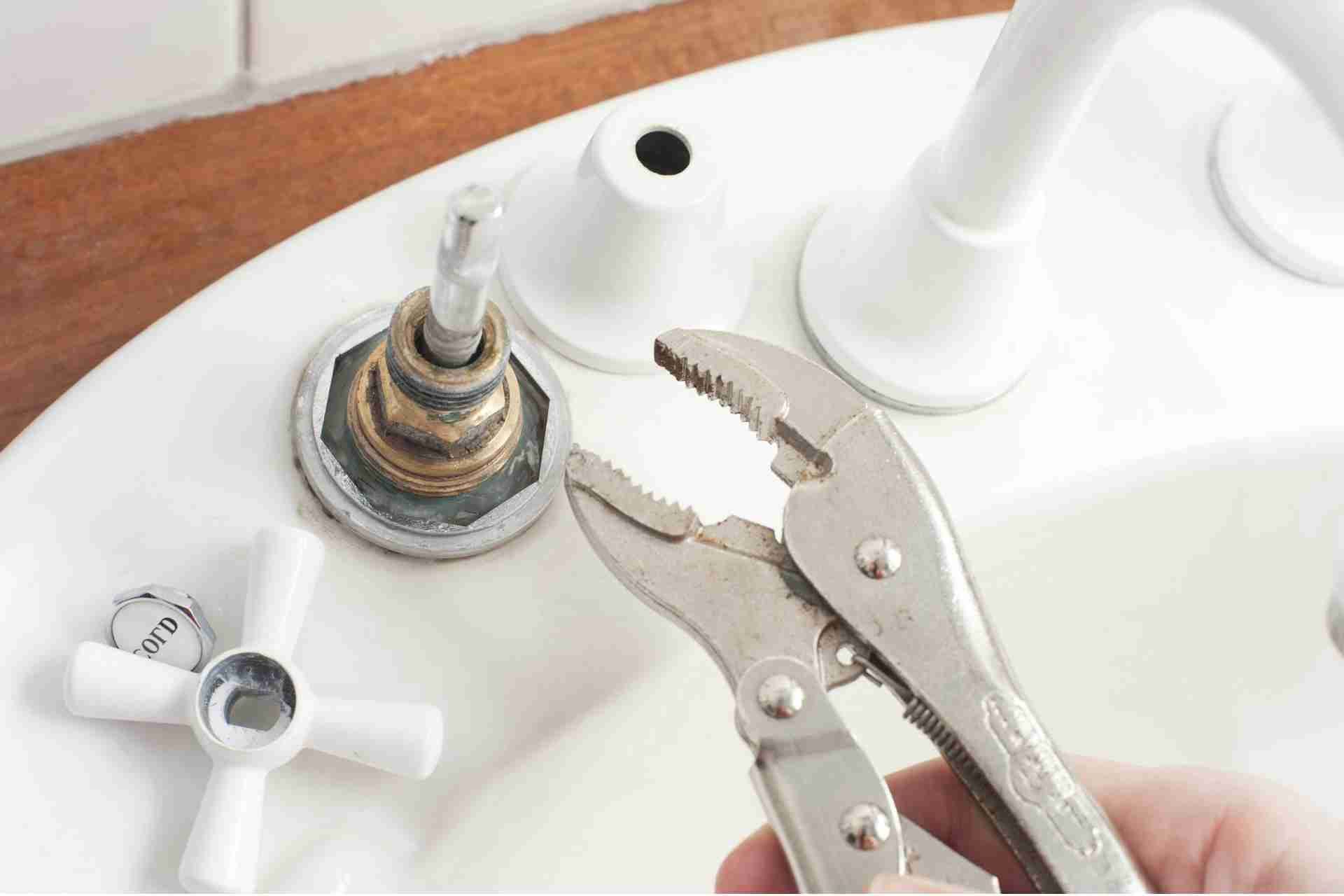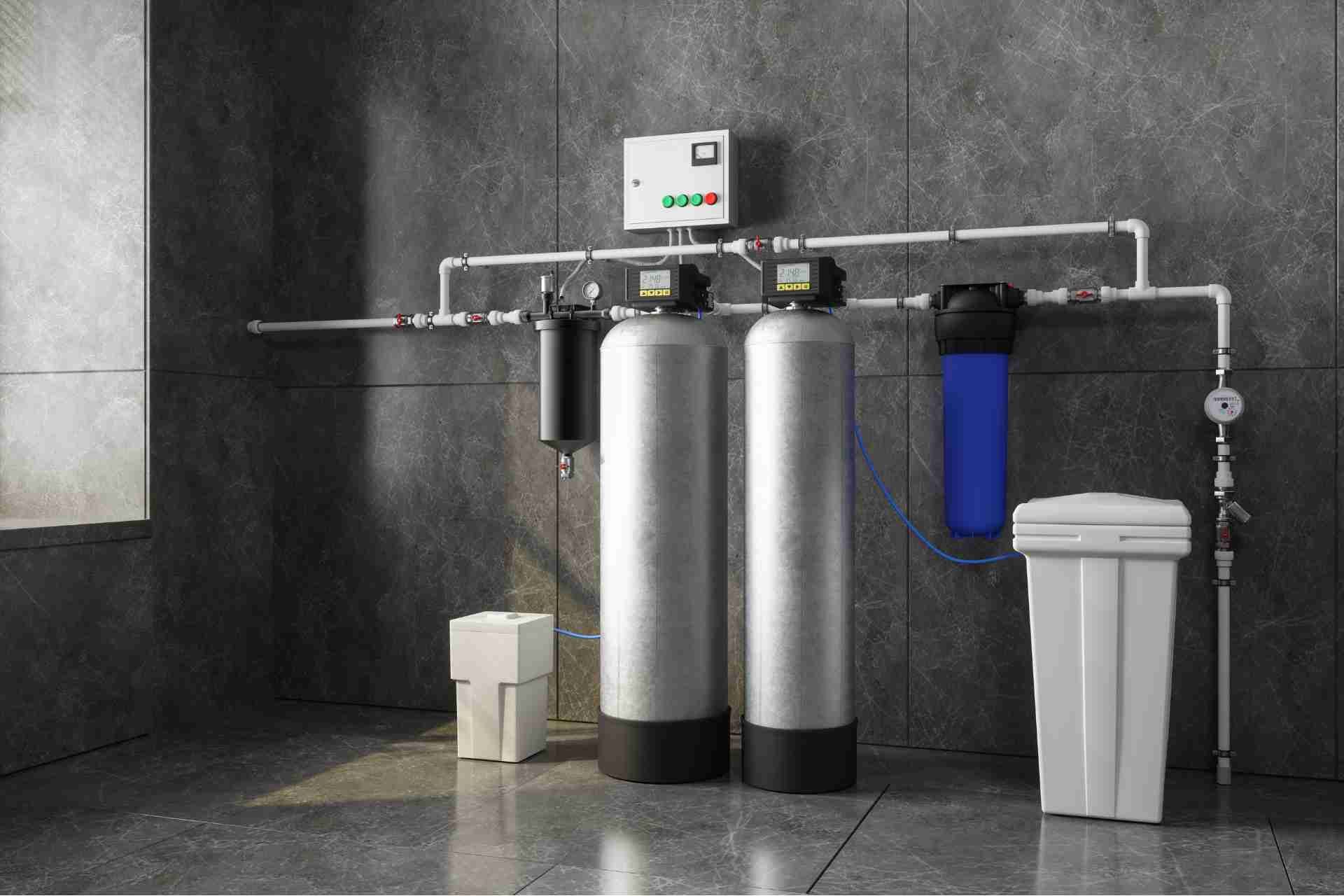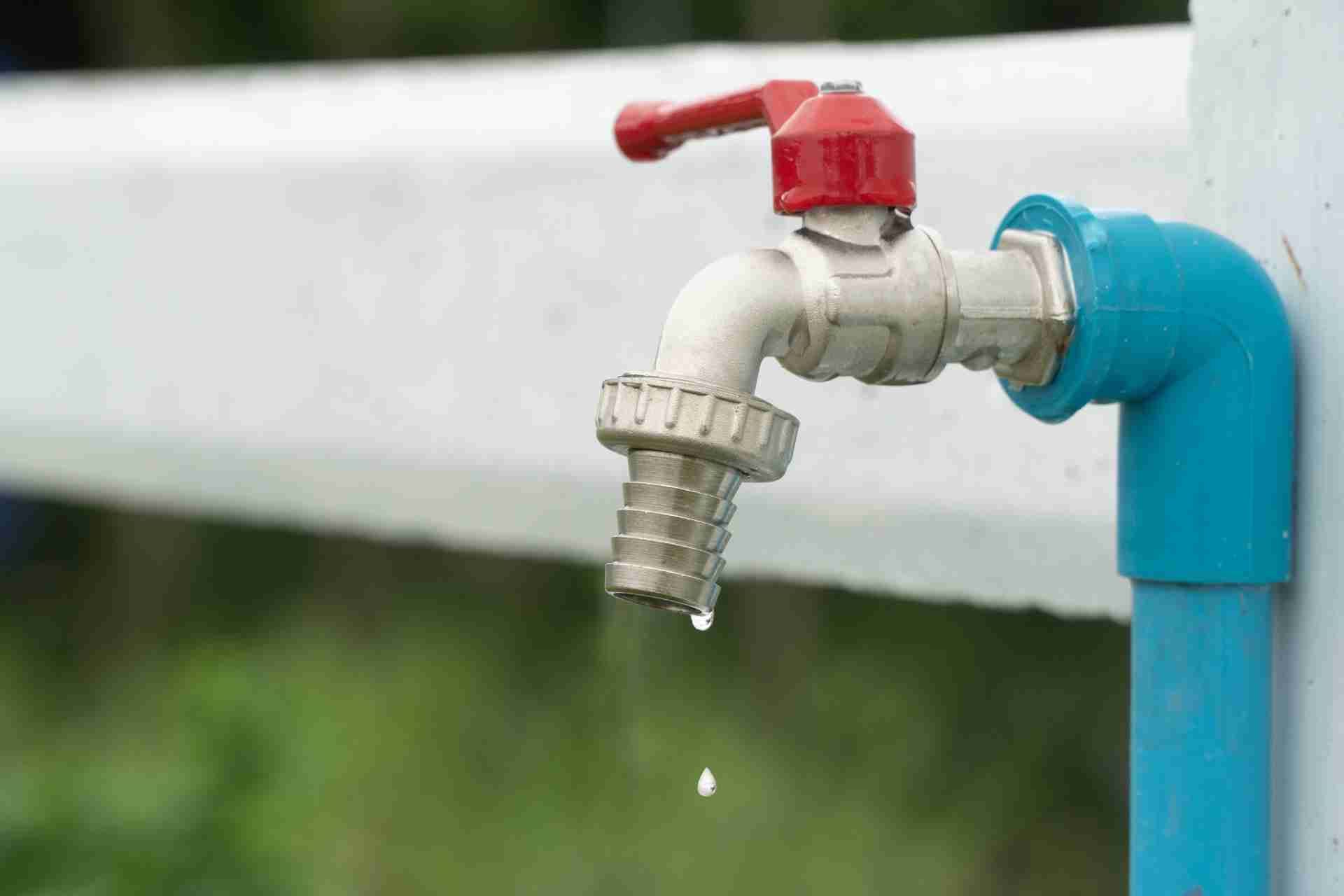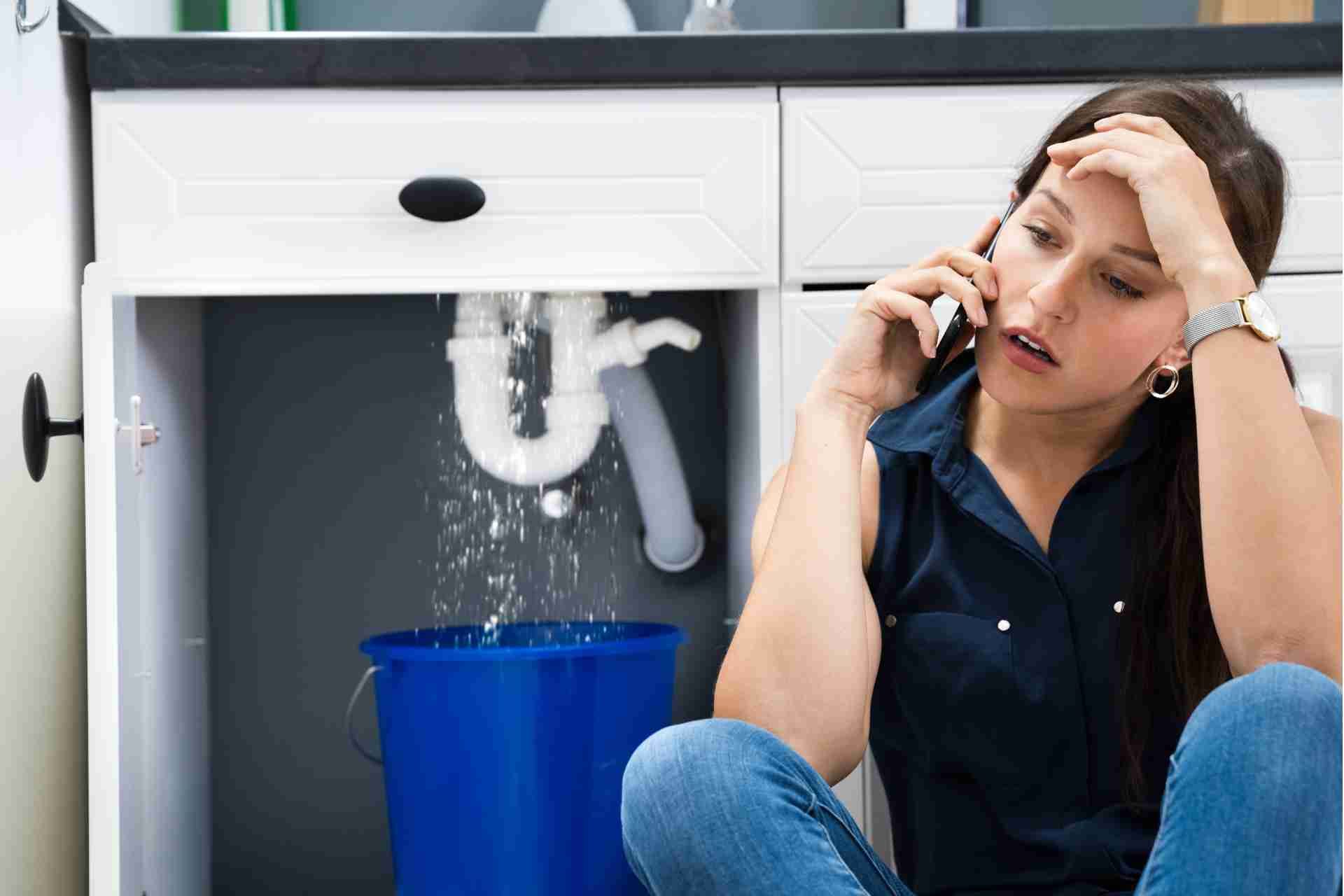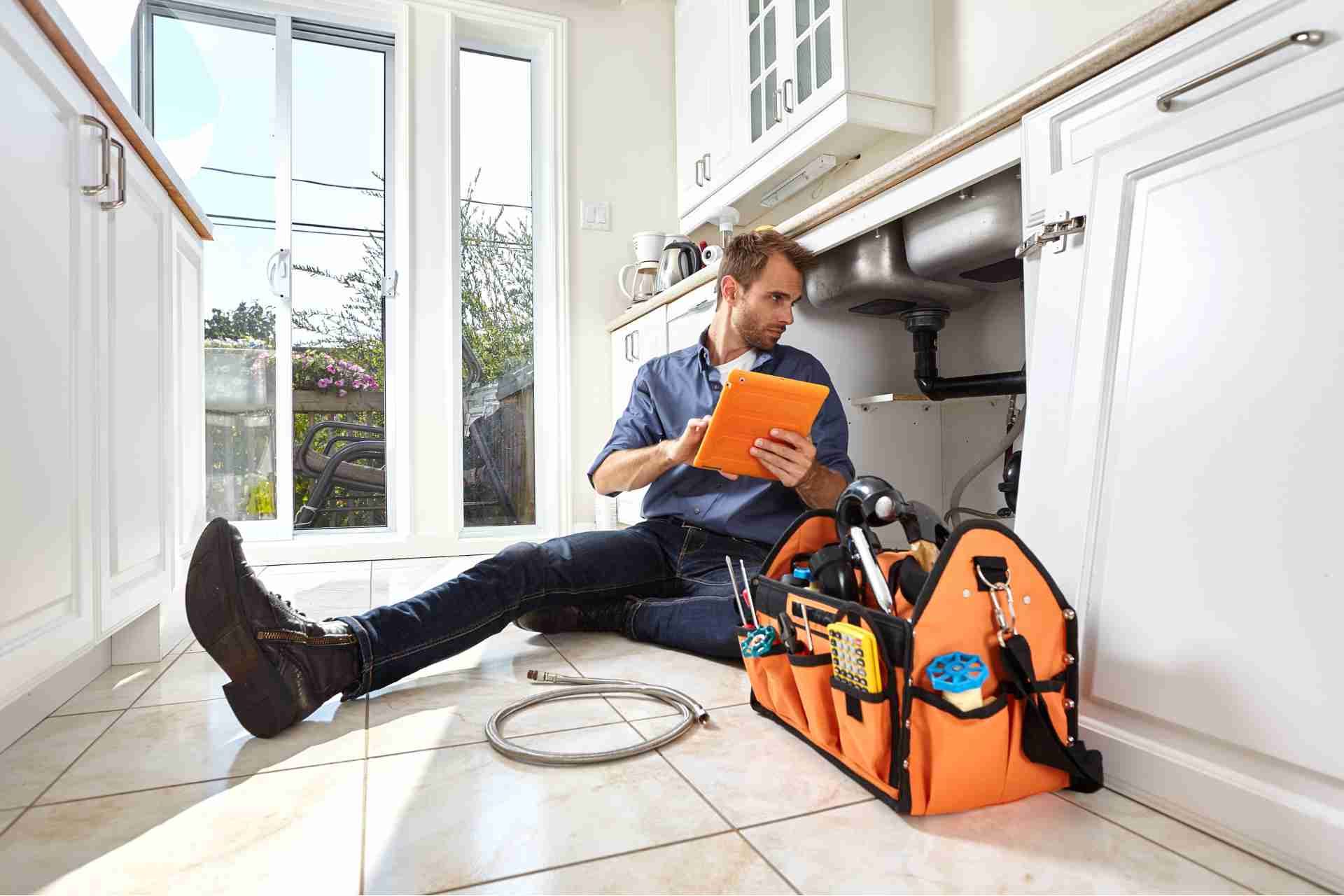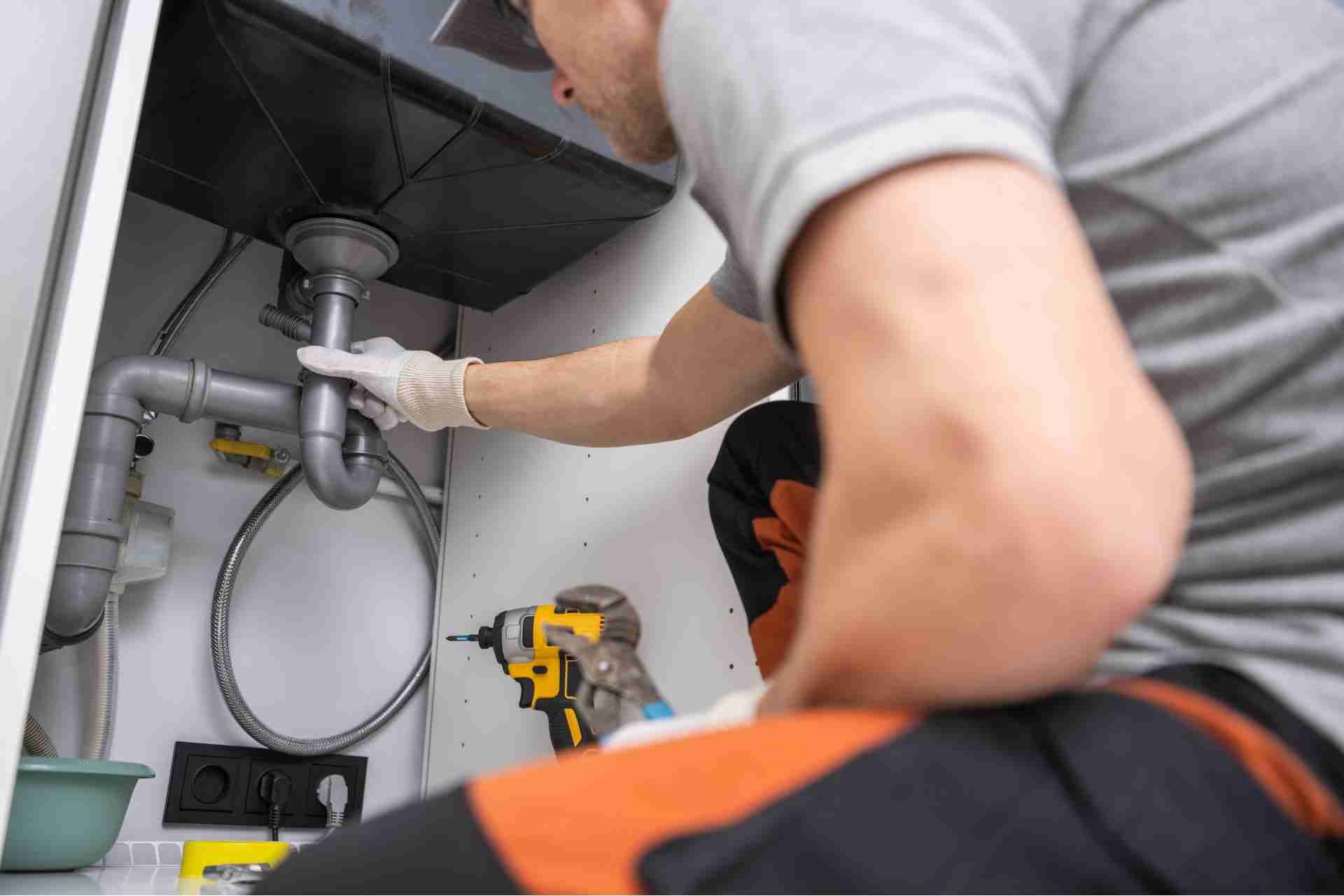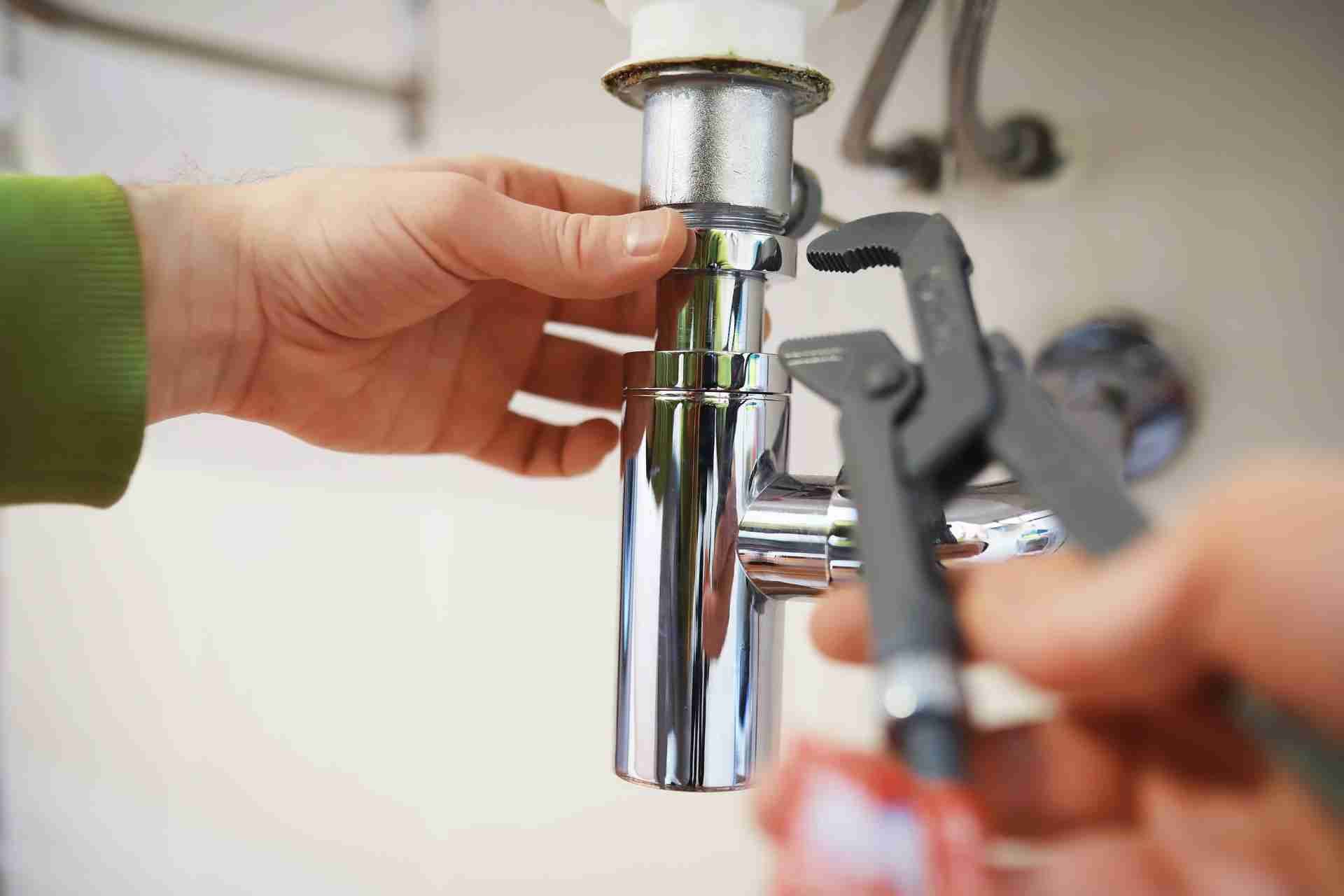What to Do in a Plumbing Emergency?
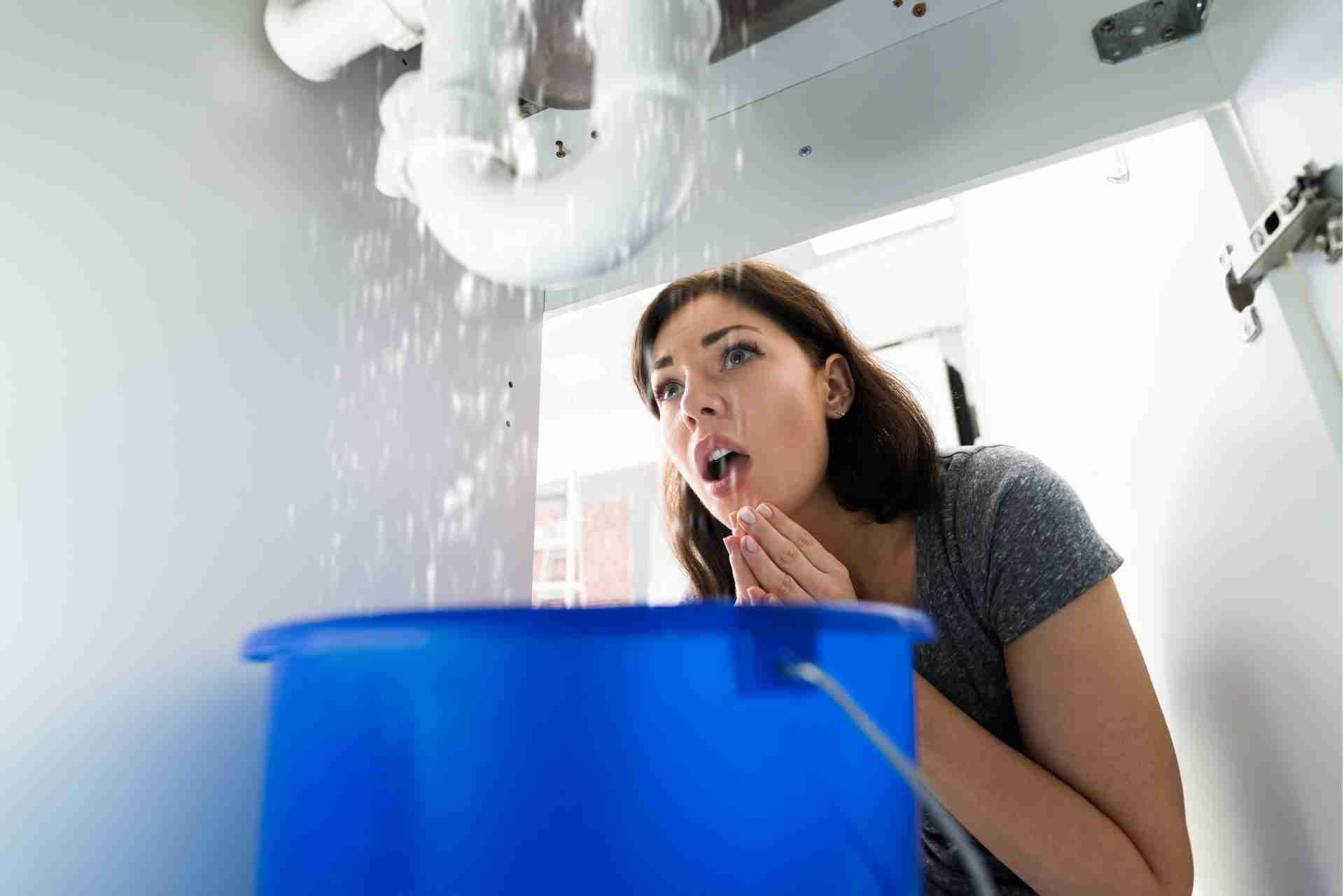
When a plumbing emergency strikes, it's crucial to act fast. You might face a leak, a burst pipe, or a clogged drain. First, you need to identify the problem and shut off your water supply to minimize damage. After that, gather your tools. But what comes next? Understanding the right steps can make a significant difference in how you manage the situation. Let's explore how to handle these emergencies effectively.
Identify the Type of Plumbing Emergency
When a plumbing emergency strikes, recognizing the type of issue at hand is crucial for swift action.
First, assess whether it's a leak, burst pipe, or clogged drain. A leak might lead to water damage, so pinpoint the source immediately.
If you've got a burst pipe, you'll notice a sudden rush of water; that's a serious problem that needs urgent attention.
Clogged drains can cause backups, making your sinks unusable. Check for signs like gurgling sounds or slow drainage.
Identifying the issue helps you determine your next steps and whether you need professional assistance.
Shut Off the Water Supply
One of the first steps to take in a plumbing emergency is to shut off the water supply.
Locate the main water valve, usually found near the perimeter of your home or in the basement. Turn it clockwise to stop the flow of water.
If the issue is localized, like a leaky faucet or a burst pipe, find the specific shut-off valve for that fixture and turn it off instead.
This action prevents further damage and flooding while you assess the situation. It's crucial to act quickly, as even minor leaks can escalate into significant problems.
Once the water is off, you can focus on the next steps without the stress of additional water pouring in.
Stay calm; you're already making progress.
Gather Necessary Tools and Materials
Before diving into repairs, gather the necessary tools and materials to tackle the plumbing issue effectively.
Start with a plunger, which can be a lifesaver for clogs. You'll also need a wrench for tightening or loosening pipes, and a screwdriver for removing any access panels.
Don't forget a bucket to catch water and towels to clean up spills. If you're dealing with leaks, grab some plumber's tape and a pipe cutter as well.
Depending on the situation, a sealant or pipe repair kit might come in handy too. Having gloves on hand can protect your hands from grime.
Implement Temporary Fixes
While you wait for a professional plumber, it's crucial to implement temporary fixes to minimize damage and keep your home safe.
First, if you're facing a leak, turn off the water supply to that area. Use towels or buckets to catch any dripping water. For small leaks, a piece of rubber or plastic can serve as a makeshift patch; secure it with tape.
If your toilet's overflowing, remove the tank lid and lift the float to stop the flow.
For clogged drains, use a plunger to try and dislodge the blockage.
Lastly, if you notice exposed pipes, wrap them in towels or insulation to prevent freezing.
These quick fixes can help you manage the situation until help arrives.
When to Call a Professional Plumber
After you've implemented temporary fixes, it's important to know when to call a professional plumber. If the leak persists despite your efforts, or if you notice water pooling in unexpected places, it's time to get help.
You should also call a plumber if you experience low water pressure or frequent clogs, as these could indicate deeper issues. Don't delay if you smell gas or notice sewage backing up; these are emergencies that require immediate attention.
Additionally, if you're unsure about handling complex repairs, like replacing pipes or fixing a water heater, it's best to leave it to the pros. Remember, sometimes a quick call can save you from costly damage and stress.
Conclusion
In a plumbing emergency, staying calm and acting quickly is key. By identifying the issue, shutting off the water, gathering your tools, and applying temporary fixes, you can minimize damage. However, don't hesitate to call a professional plumber if the situation gets out of hand or if you're unsure how to proceed. Remember, it's always better to seek help than to risk making the problem worse. Your home deserves the best care when things go awry!
